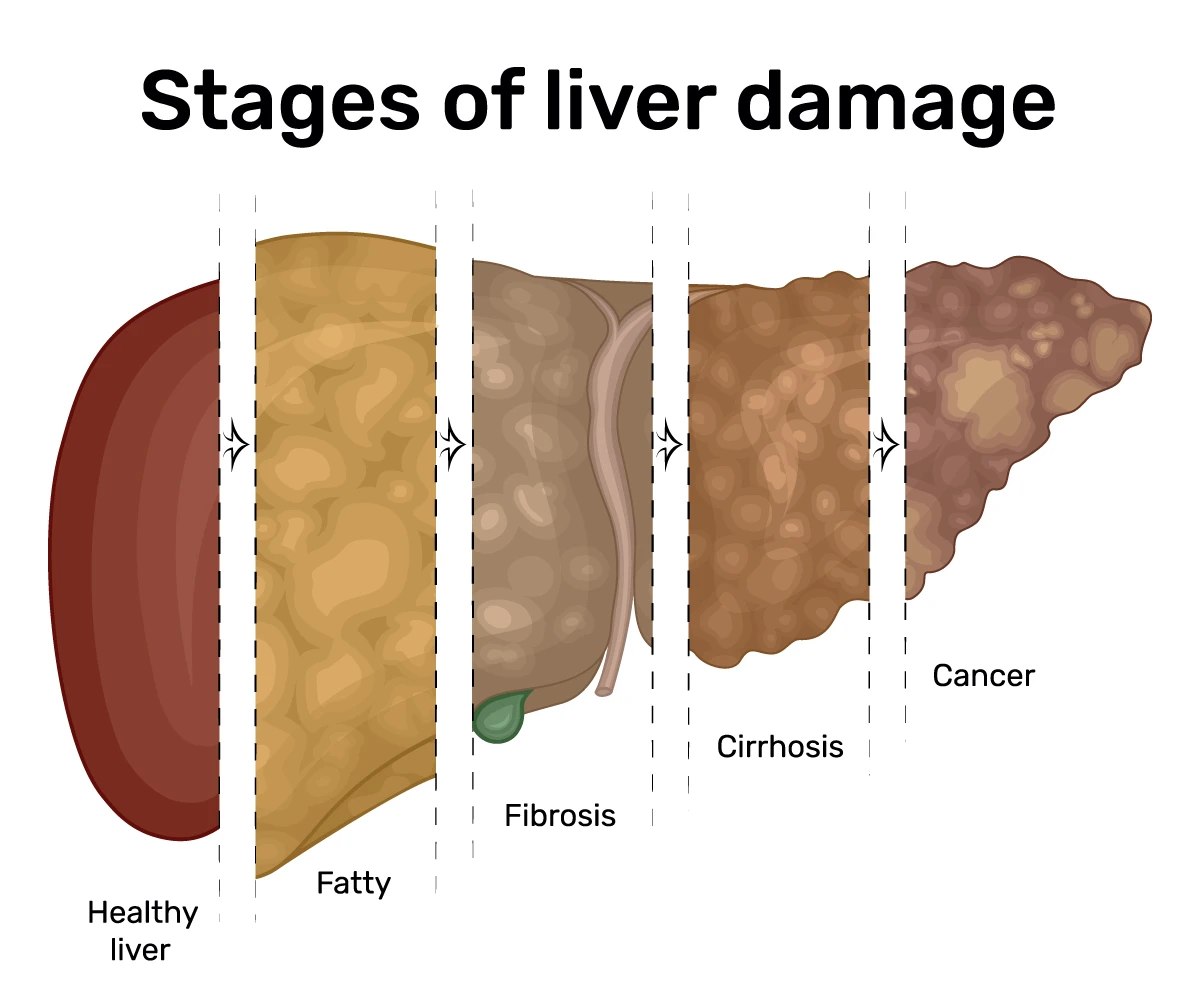Managing liver conditions often involves the use of medications aimed at treating specific underlying causes, alleviating symptoms, or preventing complications. Here’s an overview of some commonly prescribed medications for liver conditions, along with their potential side effects:
Common Medications for Liver Conditions
Antiviral Medications:
- For Hepatitis B: Medications like entecavir and tenofovir are prescribed to suppress the replication of the hepatitis B virus, reducing liver inflammation and the risk of complications such as cirrhosis and liver cancer.
- For Hepatitis C: Direct-acting antiviral agents (DAAs) such as sofosbuvir, ledipasvir, and glecaprevir/pibrentasvir are used to cure hepatitis C by targeting specific steps in the virus’s lifecycle.
Immunosuppressants:
- Drugs like prednisone, azathioprine, and tacrolimus are used to suppress the immune system’s response in autoimmune liver diseases such as autoimmune hepatitis and primary biliary cholangitis (PBC), reducing inflammation and preventing further damage to the liver.
Cholesterol-Lowering Medications:
- Statins such as atorvastatin and simvastatin may be prescribed to manage cholesterol levels, which can help reduce the risk of fatty liver disease and complications related to metabolic syndrome.
Ursodeoxycholic Acid (UDCA):
- Used primarily in primary biliary cholangitis (PBC), UDCA helps improve bile flow from the liver and reduces liver inflammation. It may also be used in some cases of non-alcoholic fatty liver disease (NAFLD).
Diuretics:
- Medications like spironolactone or furosemide are prescribed to manage fluid retention (ascites) and reduce swelling (edema) in patients with advanced liver disease, such as cirrhosis.
Lactulose and Rifaximin:
- Lactulose is a laxative that helps remove toxins from the body in patients with hepatic encephalopathy, a complication of liver disease. Rifaximin may also be used to prevent recurrent episodes of hepatic encephalopathy.
Beta-Blockers:
- Propranolol and nadolol are beta-blockers used to lower blood pressure in the portal vein (portal hypertension), reducing the risk of variceal bleeding in patients with cirrhosis.
Potential Side Effects
- Antiviral Medications: Common side effects include fatigue, headache, nausea, and diarrhea. Some antiviral medications may also cause renal impairment or bone density loss.
- Immunosuppressants: Side effects can range from mild (such as weight gain, acne, and mood changes) to severe (increased risk of infections, liver toxicity, and bone marrow suppression).
- Cholesterol-Lowering Medications: Muscle pain (myopathy), liver enzyme abnormalities, and an increased risk of diabetes are potential side effects associated with statins.
- Ursodeoxycholic Acid (UDCA): UDCA is generally well-tolerated, but side effects may include diarrhea, abdominal pain, and hair loss in some individuals.
- Diuretics: Electrolyte imbalances (such as low potassium levels), dehydration, and kidney dysfunction are potential side effects of diuretic use.
- Lactulose and Rifaximin: Lactulose may cause diarrhea, abdominal cramps, and electrolyte disturbances. Rifaximin can lead to gastrointestinal upset and in rare cases, Clostridium difficile infection.
- Beta-Blockers: Side effects may include fatigue, dizziness, low blood pressure, and in some cases, worsening of heart failure symptoms.
Conclusion
While medications play a crucial role in managing liver conditions and improving patient outcomes, it is essential for healthcare providers to carefully monitor patients for both therapeutic effectiveness and potential adverse effects. Patients should communicate any concerns or noticeable side effects promptly to their healthcare providers to ensure optimal management of their liver condition. Always follow your healthcare provider’s recommendations regarding medication use and attend regular follow-up appointments for monitoring and adjustment of treatment as needed.





Comments